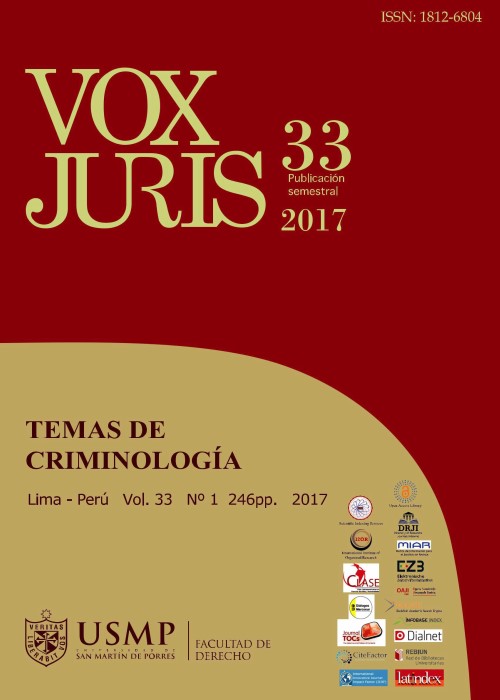The granting (or refusal) of parole: the development of interlocutory decisions. A case study in Argentina
Keywords:
Benchmarks, Confinement, Comparison Criteria, Contexts, Interlocutory, ParoleAbstract
This paper intends to consider legal institution of “probation” as a transition to the free life after a period of prison confinement. Inconsistencies in the letter of the law on criminal enforcement of Argentina (24.660/96 and its amendments) and between the letter of the law and its implementation are described. Are showed two interlocutory decisions which grant or deny probation. Immediately arises the question about the comparison criteria between social relations maintained by these people among the context of confinement and the other of freedom due that parole is granted when the conduct and the concept confinement deserve a satisfactory rating without addressing the free life variables. It is then proposes the need to recognize other factors that nowadays are ignored and are of indispensable importance in planning public policy criminology.
Downloads
Downloads
Published
Issue
Section
License
Los autores que publican en esta revista están de acuerdo con los siguientes términos:
- Los autores conservan los derechos de autor y garantizan a la revista el derecho de ser la primera publicación del trabajo al igual que licenciado bajo una Creative Commons Attribution que permite a otros compartir el trabajo con un reconocimiento de la autoría del trabajo inicial en esta revista.


